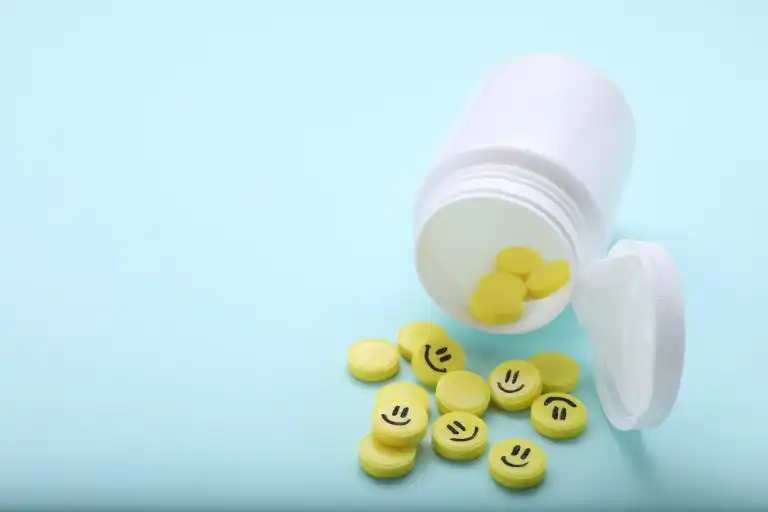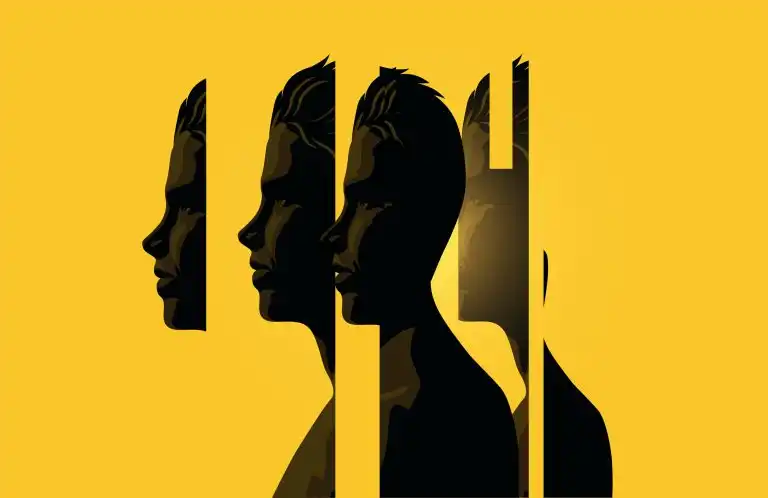Sleep Revenge Procrastination: Why You Stay Up Late Knowing You Shouldn’t
Ever stayed up scrolling even though you were exhausted? You’re not alone—and it’s more common than you think. This late-night…
BLOG
By Cassandra Boduch MD | October 14, 2023
Figma ipsum component variant main layer. Pixel team prototype asset arrow prototype main component flatten underline. Mask underline link edit background hand. Invite align community fill stroke move move thumbnail select project.

Reviewed by John Doe, MD
Staff Psychiatrist at PsychPlus
May 22, 2025

Do you find yourself constantly saying yes, even when you’re overwhelmed? Do you avoid conflict at all costs, or feel crushed by even the slightest hint of disapproval? If so, you’re not alone—and it might be more than just a “nice” personality trait.
Many people struggle with people-pleasing, but for individuals with ADHD, it often runs deeper. It’s not just about being agreeable—it’s about avoiding the emotional pain of feeling rejected, criticized, or like a burden.
This emotional intensity is commonly tied to something called Rejection Sensitivity Dysphoria (RSD). While it’s not a formal diagnosis, RSD is a widely recognized experience among people with ADHD. It refers to the overwhelming fear of rejection or failure, and the intense emotional response that follows—even when the threat is imagined.
In this blog, we’ll explore how ADHD can make people more prone to approval-seeking behavior, why emotional sensitivity plays such a big role, and how healing involves building self-worth from within—not just from praise.
Rejection Sensitivity Dysphoria, or RSD, is a term used to describe the intense emotional pain that comes from perceived or actual rejection, criticism, or failure. For people with ADHD, these emotional reactions can feel overwhelming—far beyond what most would consider a typical response.
Though RSD isn’t formally recognized in the DSM (Diagnostic and Statistical Manual of Mental Disorders), it’s a widely reported and relatable experience, especially among adults with ADHD. Many describe it as a sudden wave of shame, anxiety, or guilt—even in situations where no real harm was done.
It can look like:
– Over-apologizing for minor mistakes
– Avoiding any situation where failure is possible
– Replaying conversations and obsessing over how others might perceive them
– Feeling devastated by constructive feedback or neutral expressions
To avoid this emotional discomfort, many people with RSD begin to people-please—saying yes to everything, avoiding conflict, and trying to manage how others feel in order to feel safe themselves.
But this coping strategy, while understandable, often leads to burnout, resentment, and disconnection from one’s own needs. And that’s where deeper healing begins.
People with ADHD often experience the world more intensely—emotionally, mentally, and socially. One key reason for this is the way ADHD affects emotional regulation. The brain struggles to manage reactions proportionally, making rejection, criticism, or failure feel sharper and more personal.
This heightened sensitivity is made even more difficult by impulsivity, which can lead to quick emotional responses and overcorrection, like apologizing excessively or overcompensating to please others.
Then there’s the lived experience of growing up with ADHD. Many children and teens with ADHD are constantly told they’re too loud, too forgetful, too scattered—or simply “not trying hard enough.” Over time, this kind of chronic invalidation shapes how a person sees themselves.
To avoid further criticism or rejection, many adults with ADHD develop people-pleasing behaviors as a form of self-protection. Saying yes, avoiding confrontation, or trying to keep everyone happy becomes a survival strategy—not just a personality trait.
But understanding where these behaviors come from is the first step toward change. If you’ve ever felt like you’re “too much” or “not enough” all at once, you’re not alone.
You can learn more about the lasting impact of ADHD beyond childhood in our blog Understanding Adult ADHD: Beyond Childhood Symptoms.
Find a mental health care provider near you
Learn about the conditions we treat

Ever stayed up scrolling even though you were exhausted? You’re not alone—and it’s more common than you think. This late-night…

More Than Just Being Nice Do you find yourself constantly saying yes, even when you’re overwhelmed? Do you avoid conflict…

When Self-Reliance Becomes a Shield “I’m fine.” How many times have you said that—even when you weren’t? Maybe you take…
Remember that ups and downs are a part of life, but these strategies can help you make the most of the good times when they do come along!
Work to be present: this means people should try to fully engage in the moment and savor the positive experiences as they happen. Avoid dwelling on either the past or the future.
Maintain balance: Balance work and personal responsibilities to avoid burnout and more fully enjoy more good times.
Cultivate gratitude: Reflect on the things you’re thankful for, which can enhance your overall well-being.
Nurture relationships: Spend time with loved ones and build strong connections that contribute to lasting happiness.
Practice self-care: Take care of your physical and mental health to ensure you’re in the best condition to enjoy life.
Set goals and plan for the future: Having goals and aspirations can give you something to look forward to.
Embrace change: Be adaptable and open to new experiences as they can lead to more good times.
Learn from challenges: Use difficult times as opportunities for growth and resilience, which can make future good times even sweeter.

The FDA just approved Rexulti (brexpiprazole) for the treatment of agitation associated with dementia due to Alzheimer’s disease. The FDA approved the drug based on new data from two separate three month studies in which patients showered “statistically significant and clinically meaningful improvements” on the commonly used Cohen-Mansfield Agitation Inventory scale. This is a widely…

Serotonin is central to many of our behavioral responses. In fact, serotonin has been implicated in practically every type of human behavior, including appetitive, emotional, motor, cognitive and autonomic. The Cleveland Clinic goes so far as to refer to serotonin as your body’s natural “feel good” chemical because of how it helps regulate our moods….

Therapy dolls are gaining popularity in treating various mental health conditions, including depression in children. As a non-invasive approach, parents and children alike find comfort in an emotional outlet that is natural and familiar to the child. Emotional support dolls for children offer a safe space to work through complex feelings and develop coping mechanisms…

Supporting someone with depression or anxiety requires empathy, patience, and a genuine commitment to understanding their experience. Firstly, it’s crucial to listen actively and without judgment. Create a safe space for them to express their feelings, allowing them to share as much or as little as they’re comfortable with. Avoid offering quick solutions or dismissing…

Medications and talk therapy have been shown to work well together, especially in the treatment of mental health conditions. This combination is often referred to as “medication management” and “psychotherapy.” Medications can help manage symptoms, while talk therapy provides a supportive and therapeutic environment to address underlying issues and develop coping strategies. Talk therapy and…

It’s always difficult to get a consensus among medical experts, especially about a topic such as psychedelic medication, which is freighted with all sorts of cultural and legal significance. Having said that, from depression to addiction, these drugs really do offer hope for those with mental health disorders according to many authorities, such as says…